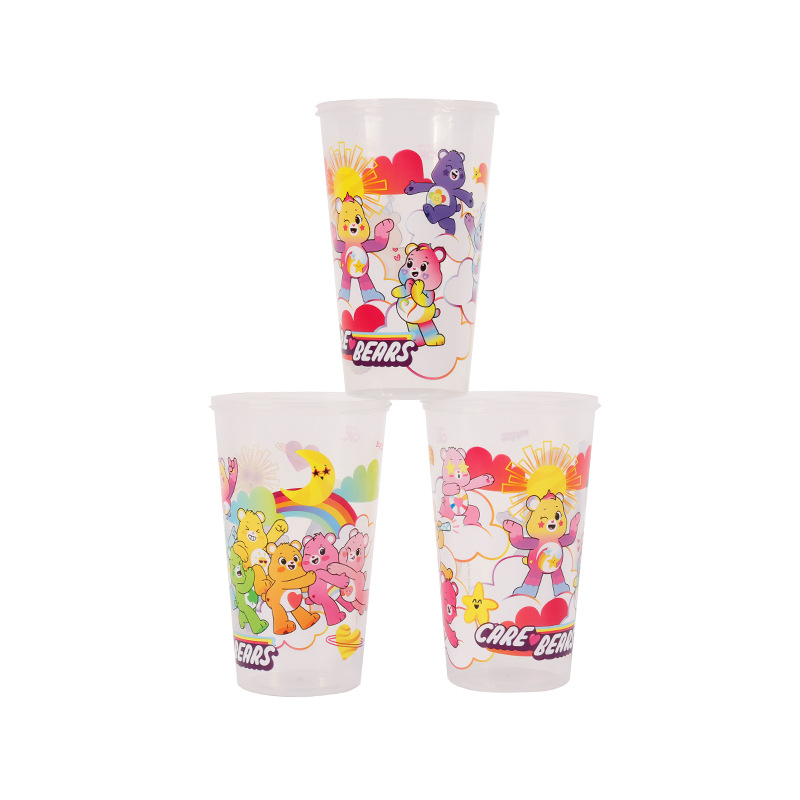Submit feedback
What is the core principle of thermal transfer?
Oct 22,2025
Heat and pressure are used to "stick" or "permeate" a pattern attached to a carrier (such as transfer paper/film) onto the surface of a substrate (such as a T-shirt).
Step 1: Pattern Preparation
The designed pattern is printed mirror-image onto special transfer paper using an inkjet printer or specialized press. At this point, the pattern is reversed and "sleeping" on the paper.
Step 2: Heat Transfer
This is the critical step. The printed transfer paper is placed over the substrate (such as a T-shirt) and placed in a heat transfer press.
The machine applies:
High temperature: typically between 140°C and 200°C.
High pressure: ensures a tight bond between the transfer paper and the substrate.
Timing: precisely controls the heating time (usually from a few seconds to tens of seconds).
Step 3: Cooling and Bonding
Under high temperature and high pressure, one of two primary changes occurs, resulting in the transfer:
For "dye-sublimation transfer": The solid dye ink on the transfer paper sublimates (directly transforming from a solid to a gas) when heated. These gaseous dye molecules quickly penetrate the fibers of the substrate (such as polyester or other synthetic fibers) and permanently "reside" there. After cooling, they firmly bond.
Features: The pattern blends seamlessly with the fabric, creating an extremely soft feel. However, it is primarily suitable for light-colored items made of synthetic fibers or synthetic fiber coatings.
For "hot melt adhesive transfer": The transfer paper is coated with a layer of hot melt adhesive film with the pattern. Under high temperature and high pressure, this film melts and firmly bonds to the surface of the substrate (such as a pure cotton T-shirt). It solidifies after cooling.
Features: This is the common method, capable of producing vibrant designs on cotton and dark-colored clothing. High-quality transfer films can achieve a soft and flexible effect.
NEXT:Advantages of thermal transfer
Your email address will not be published. Required fields are marked *

 English
English عربى
عربى 中文简体
中文简体 Español
Español





